In a submission to the Telecom Regulatory Authority of India’s (TRAI) pre-consultation paper for the National Broadcasting Policy (NBP), Reliance Jio Infocomm, owned by Mukesh Ambani, has argued against the abolition of license fees for direct-to-home (DTH) operators. The telecom giant contends that such a move would be disadvantageous to cable TV and result in a loss to the national exchequer.
TRAI had recommended eliminating the license fee for DTH operators after FY27, aligning them with other distribution platforms like cable TV, HITS, IPTV, and OTT services. However, Reliance Jio resisted this proposal, emphasizing the competitive edge DTH gained through spectrum usage, eliminating the need for ground-based networks and allowing nationwide coverage without additional infrastructure investments.
Reliance Industries (RIL) owns a significant stake in India’s top three cable TV companies namely Hathway Cable and Datacom, DEN Networks, and GTPL Hathway, hence it is natural for them to seek such measures from TRAI that either promote a level playing field or give them any advantage.
Acknowledging cable TV’s infrastructure costs, Reliance Jio emphasized that DTH’s subscriber count surpassed cable TV due to spectrum availability across the country, with 65.25 million DTH subscribers compared to cable TV’s 64 million. The company argued that services leveraging spectrum, a public resource, should contribute to the national exchequer based on market-driven prices.
Reliance Jio further advocated for spectrum allocation through open bids to ensure transparency, fair allocation, diverse technology promotion, and safeguarding of national revenue. The telecom major also suggested deploying spectrum bands for broadcasting services in communication services.
GTPL Hathway, in its submission, highlighted key trends and challenges facing the broadcasting industry, including the proliferation of digital platforms, fragmentation of audiences, increased competition, and changing business models. They urged the Authority to create a level playing field for all platforms that deliver similar services, including OTT platforms and Free Dish.
The Indian Broadcasting and Digital Foundation (IBDF) proposed an alternative approach, suggesting a principle-based policy instead of an NBP. According to IBDF, such a policy would offer flexibility, catering to various situations, fostering innovation, and setting high-level goals.
The Internet and Mobile Association of India (IAMAI) emphasized the uniqueness of the broadcasting sector and urged TRAI to create distinct guidelines for telecom, broadcasting, and digital services. IAMAI highlighted the need for separate treatment, cautioning against convergence assumptions despite bundled services like cable TV and broadband.
TRAI had released the pre-consultation paper for the National Broadcasting Policy on September 21, 2023, and the last date to submit responses was October 10, 2023, but the authority decided to extend the last date twice up to November 7, 2023, on request of stakeholders.

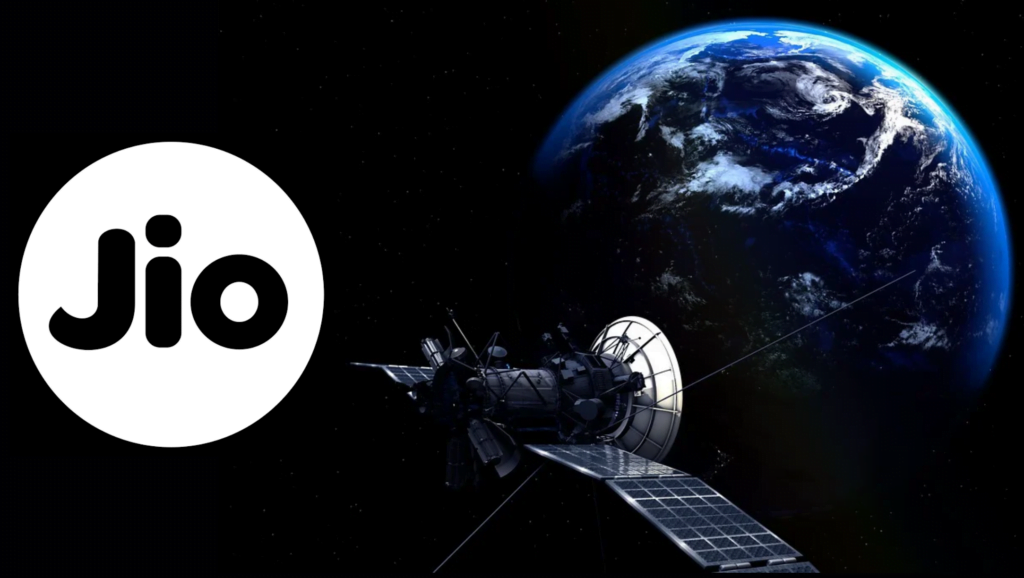

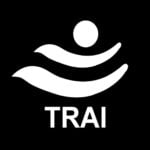
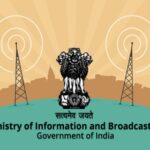
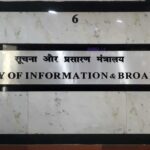


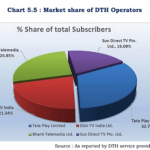
No replies yet
Loading new replies...
Join the full discussion at the DreamDTH Forums →